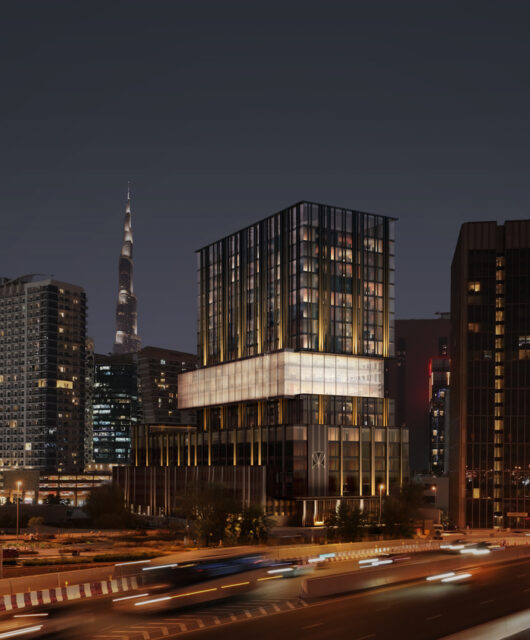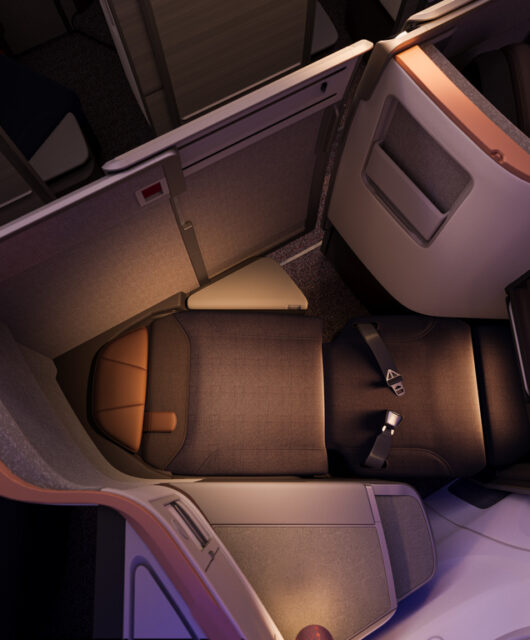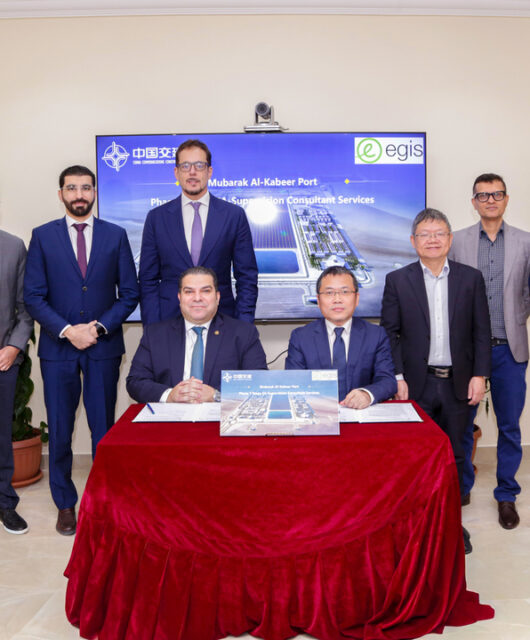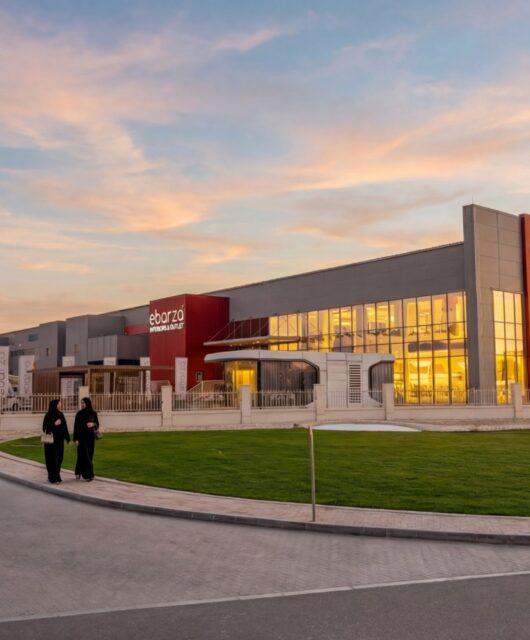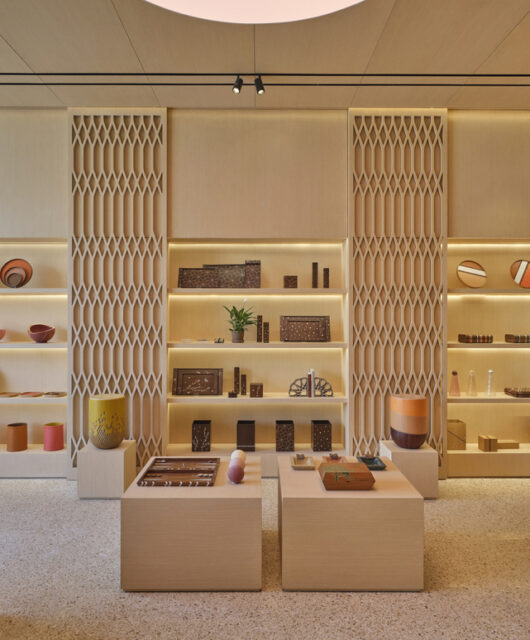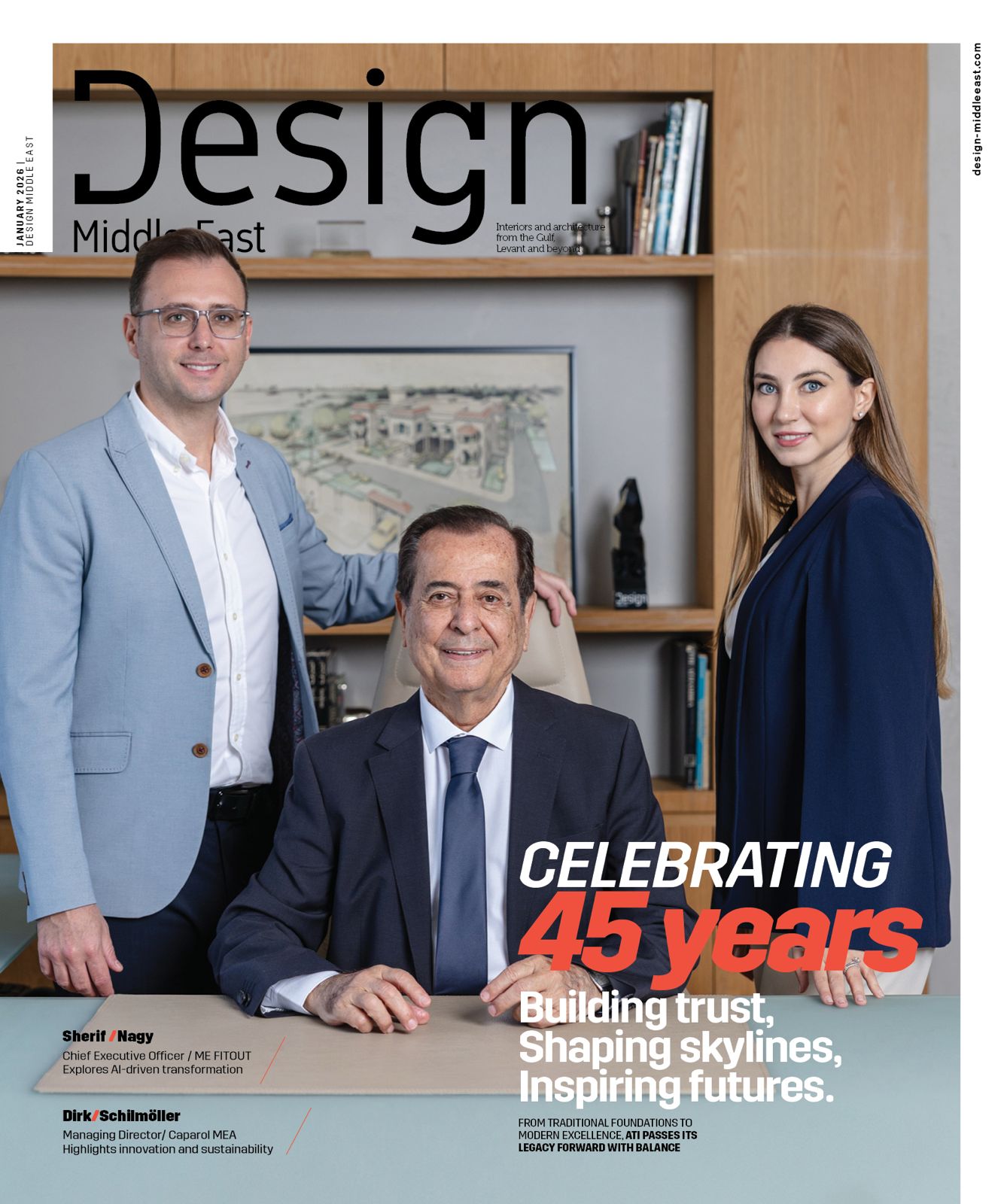
Tell us something about yourself?
I was born in Hong Kong and studied in the US. I have been practising architecture in Hong Kong for over 24 years. I have been associated with LWK + PARTNERS (LWKP) for over 10 years now, specialising in large scale and mixed-use commercial projects.
What’s your take on projects/ commissions taking place in the Middle East and other GCC countries?
LWKP picked Dubai as our base in MENA precisely because of its strategic location as a gateway to the GCC countries. Dubai is a maturing market with intense competition, but we believe by having a presence here would expose us to a variety of interesting opportunities in the region. The Middle East has a robust demand in hospitality and retail/entertainment projects in which we feel we can make positive contributions adopting our expertise in China being an active participant and key contributor to its urbanisation and transformation of cities in the last 20 years.
What’s been your biggest career accomplishment that you’re most proud of?
Being involved in and taking a lead role in high profile projects in major cities such as Shanghai and Chengdu that are transformative in its nature and power that reshape the urban dynamics and transform the lifestyle of the locals in a positive way. I feel privileged and empowering as an architect being able to participate as part of the LWKP team in this remarkable process of urban transformation.

Are there certain elements that are in high demand at the moment or things that you see falling out of style?
We’ve been seeing a major paradigm shift in the last five years or so in China’s retail/commercial sector, which makes up a significant portion of my projects, where we find the once-dominant, established model of mega shopping malls are making way for more experience-driven retail facilities that speak more about individualities and story-driven. We are also seeing a gradual acceptance and interest towards open retail streets that encourage a vibrant and diverse street life, which has a significant impact on the urban streetscape.
How does technology help you deal with design challenges and meet sustainability goals?
LWKP has been pushing VR technology in presentations and visualisations, which provide tremendous help in clients’ decision making. We are also a strong proponent in BIM project application, which optimises the way we design and manage projects and has been encouraging our clients to adopt.
What are the biggest frustrations you have to deal with in this field?
The indecisiveness of clients, which drags project progress, and in more extreme cases hurts creative momentum. This is sometimes contributed by an overly democratised company structure of the client by which too many stakeholders’ opinions are voiced without having a single authoritative lead to consolidate and decide. It is much easier to work with clients with a strong vision who knows what they want.
Are you currently working on any projects that you’re excited about?
I am working on an incubator project for Tencent’s founder Pony Ma in Shenzhen, China. Also a retail project for Swire in Shanghai, which is conceived to be the third iteration of their revered Taikoo Li development after Beijing and Chengdu.

Tell us about your recently won awards at Cityscapes’ Emerging Markets?
• Winner, Retail Project Award (Built) – Landmark Riverside Phase II: Danzishi Old Street in Chongqing is an exciting mixture of old and new, western and eastern within a unique historical context offering a diverse retail and entertainment experience, which has been regarded as a benchmark for some of the newer retail developments in China.
• Winner, Retail Project Award (Future) – Zhengding Li Mixed-use Development in Shijiazhuang is LWK + PARTNERS’ newest open street retail development which seeks to further explore and experiment with this specific typology through the refinement of circulation and logistical planning.
What does it mean to be a global practice?
A truly global practice in my view is about being able to cross-pollinate expertise of different offices of diverse cultural and technical background in creating a synergy that can drive the practice forward as a conglomerate of specialised knowledge.

